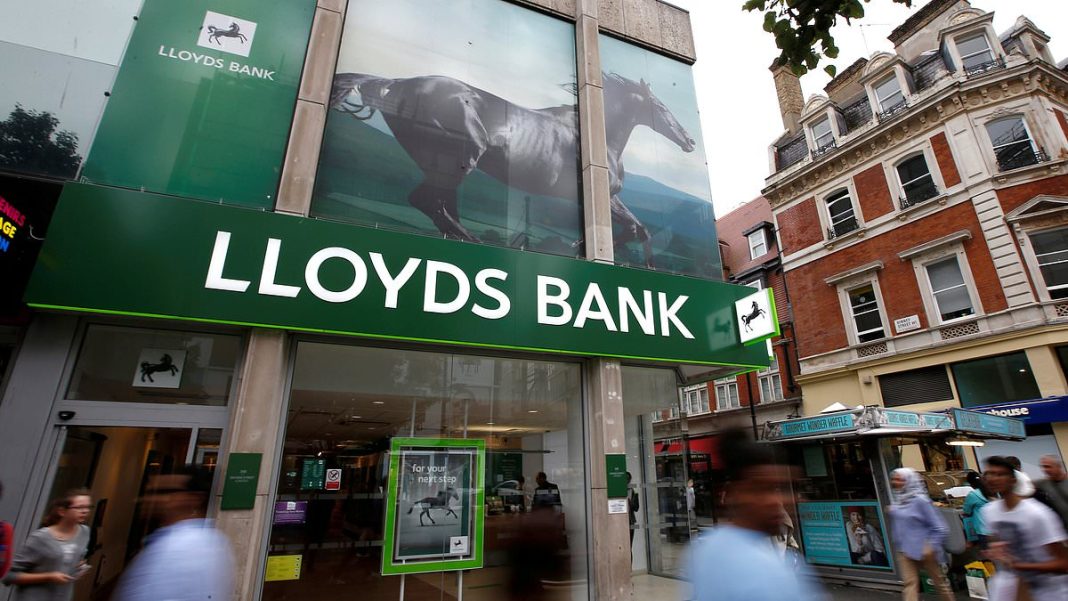Key Takeaways
- Lloyds faces a potential £2 billion hit from the car finance scandal
- The bank accuses the FCA of including millions of ineligible claims in its compensation scheme
- Average payouts of £700 could leave banks with an £11 billion total bill
- Legal action remains a possibility if the scheme isn’t modified
Lloyds Banking Group has launched a strong challenge against the Financial Conduct Authority’s compensation plan for mis-sold car loans, as the bank faces a potential £2 billion financial hit. The lender increased its provisions by £800 million to £1.95 billion while accusing the regulator of botching the scheme’s design.
Dispute Over Compensation Scope
Sources close to Lloyds claim the FCA’s plan includes “several million” loans that shouldn’t qualify for compensation among the 14.2 million identified. The bank argues the proposed scheme doesn’t reflect actual customer losses and fails to align with a recent Supreme Court ruling.
Lloyds stated: “We are committed to ensuring customers receive appropriate redress,” but added the current plan doesn’t achieve “ensuring that consumers are compensated proportionately and reasonably where harm has been demonstrated.”
Background of the Scandal
The controversy centers on undisclosed commissions paid to car dealers for selling loans between 2007 and 2024. Dealers received higher commissions for selling higher-interest loans without informing customers. The FCA found 44% of agreements during this period qualified for compensation, with some lenders breaking the law.
Industry-Wide Concerns
Other financial institutions have echoed Lloyds’ concerns. BMW, facing a potential £200 million hit, is reportedly seeking talks with the Chancellor. FirstRand, owner of MotoNovo, warned the FCA’s plan goes beyond “what can be considered proportionate or reasonable.”
The Finance and Leasing Association criticized the scheme as “so broad that it would compensate customers who suffered no loss.”
Potential Legal Action
Lloyds hinted at possible legal proceedings, stating the outcome “may evolve in response to representations made by various parties as well as further legal proceedings and complaints.” This suggests the bank might seek a judicial review if the scheme isn’t modified.
An FCA spokesman defended the approach: “We believe our scheme is the best way to settle the issue for both consumers and firms, and alternatives would be more costly and take longer. We recognise not everyone will get everything they would like.”





